Child abuse less 'forgivable' than murder and rape
- Published
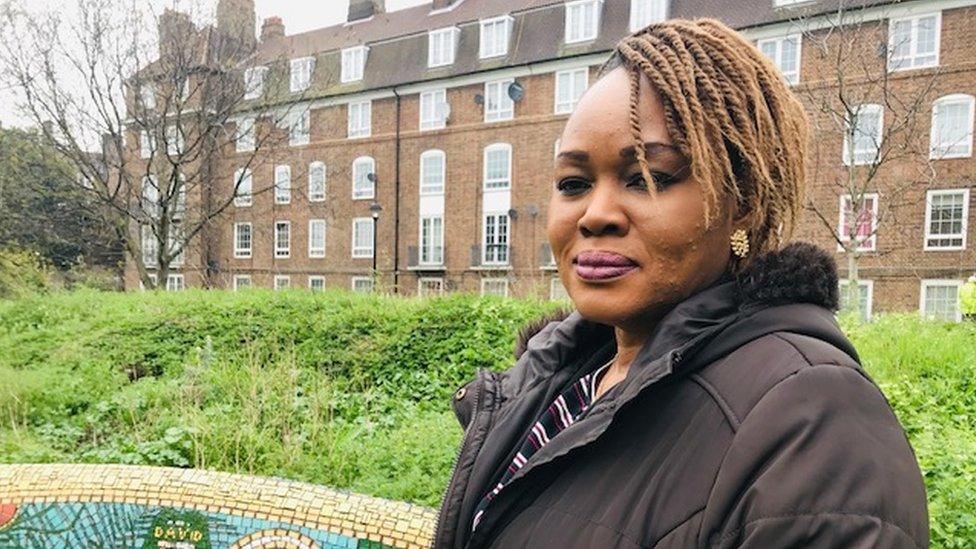
Grace Idowu said her Christian faith helped her forgive her son's killer
Child abuse is considered "impossible to forgive" by nearly nine out 10 British adults - more than murder and rape - a poll for the BBC suggests.
Eight out of 10 people said sexual abuse, including rape, was unforgivable compared with just over seven out of 10 for murder.
One in four women found infidelity unforgivable compared with fewer than one in five men.
One in 10 of the 2,042 polled by ComRes could not forgive social media abuse.
The poll for BBC local radio asked how willing people would be to forgive someone for actions ranging from swearing to child abuse.
More women than men found child abuse impossible to forgive, with 89% of women compared with 80% of men.
Women were also more likely to find sexual abuse, including rape, impossible to forgive, with 83% compared with 75% of men.
Fewer men found infidelity impossible to forgive, with 19% of those responding compared to 26% of women.

People were asked to state whether each action was impossible, difficult or easy to forgive or whether there was no need to forgive.
Half of people surveyed said lying was difficult to forgive. Three in five women also found verbal abuse difficult to forgive, whilst only two in five men did.
'I have forgiven my son's killer'
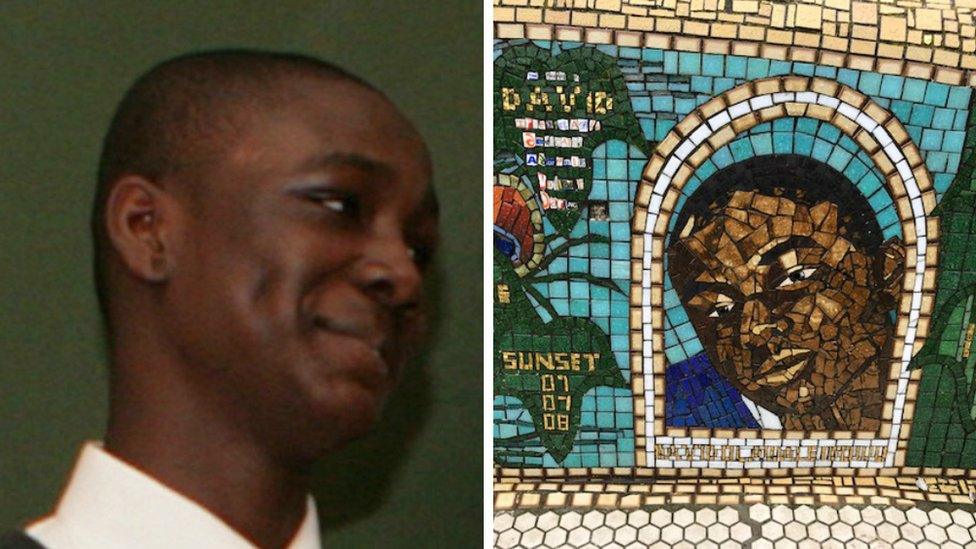
A memorial bench was made for David Idowu, who was stabbed at a park while playing football near his home in Southwark
After 14-year-old David Idowu's death in 2008, his mother Grace said she forgave her son's killer, then 16-year-old Elijah Dayoni.
"I have forgiven Elijah for a long time, even before I met him," she said.
On meeting Dayoni, Mrs Idowu found out he attacked her son because a boy from David's school had beaten up his brother on the same day.
"It was so painful to see that it was a senseless killing but I'm glad I know the truth," she said.
"It give me more strength to carry on with the work I do now."
Mrs Idowu set up The David Idowu Foundation with her husband, to teach young people about the dangers of gun and knife crime.
"We should have a place in our hearts to do a little bit of good and whoever has offended us we should sit down, meditate and put ourselves in that person's position," she said.
'It's about you'
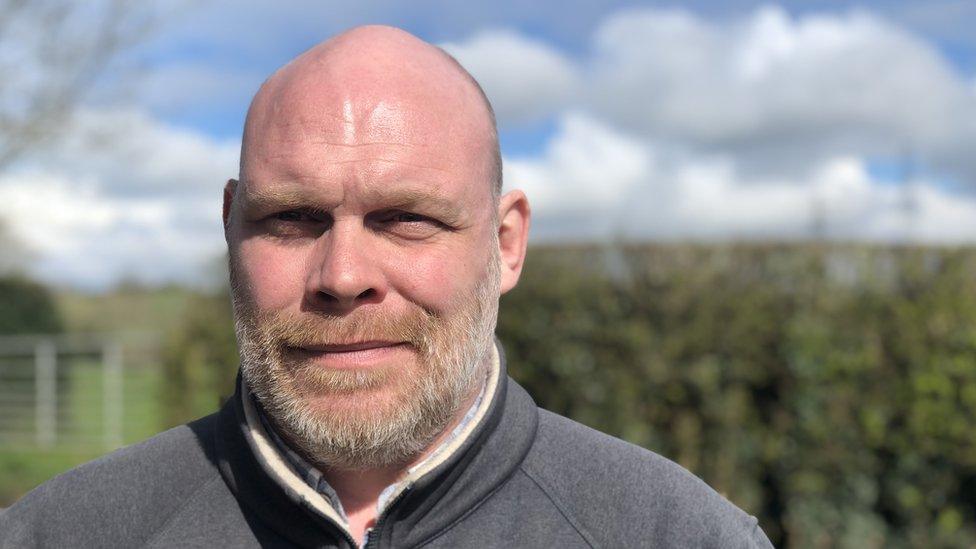
Simon Edwards became a Christian while in prison serving time for armed robbery
Simon Edwards said before he went to prison for armed robbery, his view of forgiveness was "warped".
The 43-year-old now runs Walk Ministries, a rehabilitation programme in the Midlands for former prisoners.
"I suppose it was the culture that I lived in on an estate and growing up as a criminal," he said.
Mr Edwards, who was abused as a child, said now he was a father he understood why people found this the most impossible action to forgive.
"I forgave the people who did that to me but it took me a long time," he said.
"One of the big things I've learned about forgiveness is how it makes you feel.
"The moment I realised I had a choice to forgive, the whole of who I am changed. It's not about the other person, it's about you."

'Protecting the young'
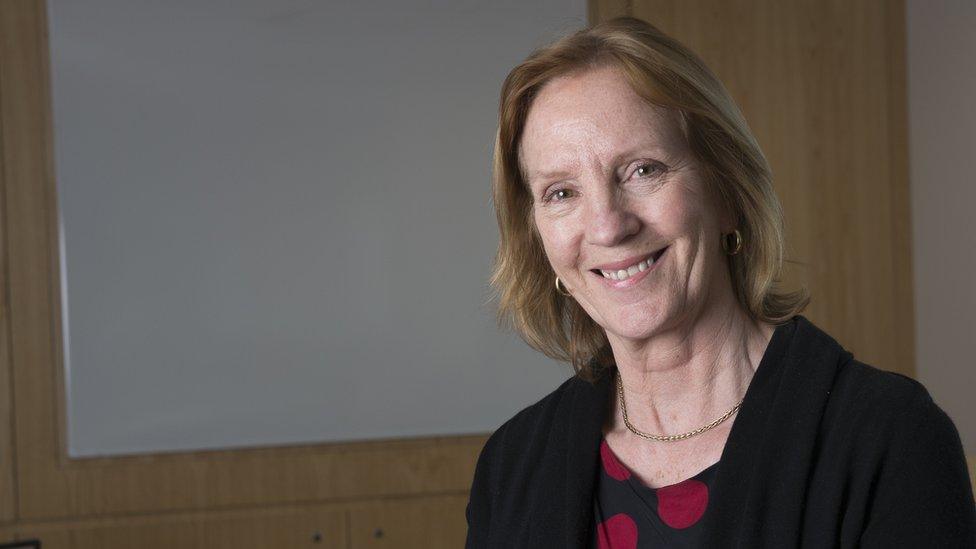
Prof Ann Macaskill said true forgiveness was being able to go back to a relationship as if the incident had not happened
Ann Macaskill, professor of health psychology at Sheffield Hallam University, said there may be a "biological" reason why child abuse was deemed unforgivable by more people than murder.
"I think there's something about protecting the young," she said.
"It's seen as a violation of trust, which is why forgiveness is quite difficult.
"By abusing children, you're leaving them with problems that most of them are going to have for life and the abused child learns the world is very unpredictable."
'Vicious mindset'
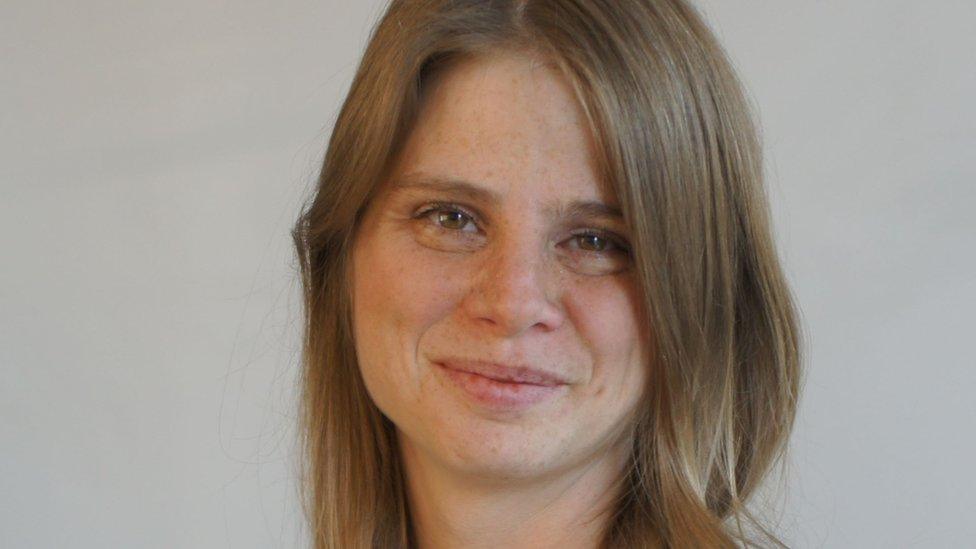
Anneli Jefferson says it is more difficult for people to see how offenders can be reformed after acts of sexual or child abuse
Dr Anneli Jefferson, research fellow at the University of Birmingham's Department of Philosophy, said while murder was "more final" than sexual abuse, abuse tended to involve a "more vicious mindset".
"Murder is obviously really bad, but the motivations people have, such as anger, aren't that far removed from what we feel," she said.
"In the case of sexual violence and child abuse, they are much worse because you're taking advantage of someone.
"We find it harder to think about why people might act like that."

The poll was commissioned for Palm Sunday.
Fewer than half of Christians who answered the survey believe Jesus died on Good Friday "for the forgiveness of their sins".
However, almost nine in 10 Christians who said they went regularly to religious services did believe it.
The proportion fell to a quarter among all the people surveyed.
Two thirds of British adults polled said they never attended religious services, excluding special occasions such as marriages or funerals.
ComRes surveyed 2,042 adults in Great Britain online between 4 and 5 March.
- Published9 April 2017

- Published25 March 2016
